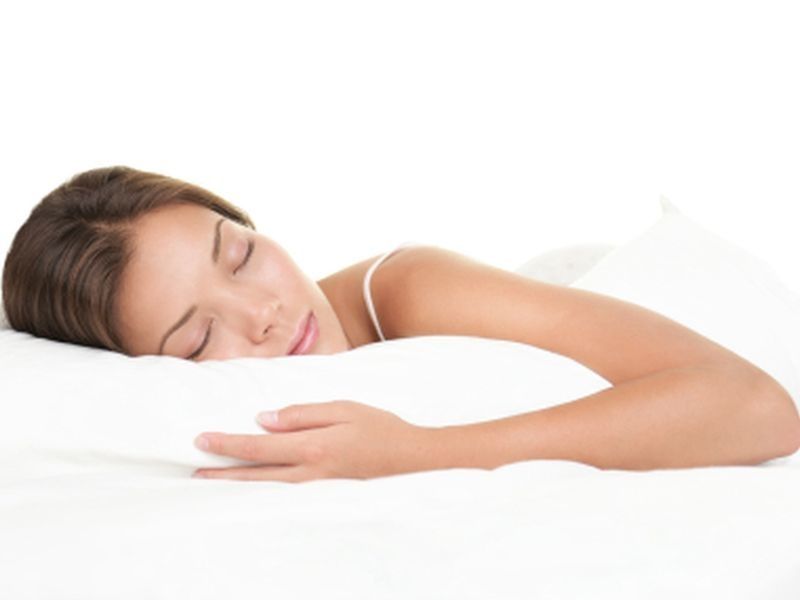THURSDAY, March 11, 2021 (HealthDay News) — Many people dread the switch to daylight saving time. When you’re losing an hour of sleep, it can be hard to actually feel like springing forward.
Dr. Rachel Ziegler, a sleep medicine physician from the Mayo Clinic Health System in Fairmont, Minn., offers some tips for easing into the time change before it happens on March 14.
Ziegler recommends getting to bed 15 minutes early now, then pushing that back by 15 minutes every couple of nights. Make an extra effort to be well-rested the week before the time change.
If you feel sleepy the Sunday after the change to daylight saving time, take a 15- to 20-minute nap in the early afternoon. Assess whether that short nap, not too close to bedtime, affects the quality of your sleep at night.
Avoid sleeping in an hour longer in the morning, she said. Try to wake up at the same time each day, including weekends, to help your body regulate sleep.
Sleep provides important benefits, so it’s important to not cut it short, Ziegler noted in a Mayo Clinic news release.
Serious sleep disorders, such as sleep apnea, have been linked to high blood pressure, increased stress hormone levels and irregular heartbeat.
Sleep allows the brain to better process new experiences and knowledge, improves memory and comprehension, and regulates hormones that control appetite, she explained. It can also help to reduce the impact of mood disorders, such as anxiety and depression, and make a person less agitated during the day.
In addition, adequate sleep can help reduce work errors and accidents, and help prevent drowsy driving.
Also important is sleep’s impact on immunity, Ziegler said. The immune system releases proteins called cytokines during sleep, helping a person deal with stress, fight infections and decrease inflammation.
More information
The U.S. National Institute on Aging offers more tips for getting a good night’s sleep.
SOURCE: Mayo Clinic Health System, news release, March 5, 2021
Copyright © 2026 HealthDay. All rights reserved.

